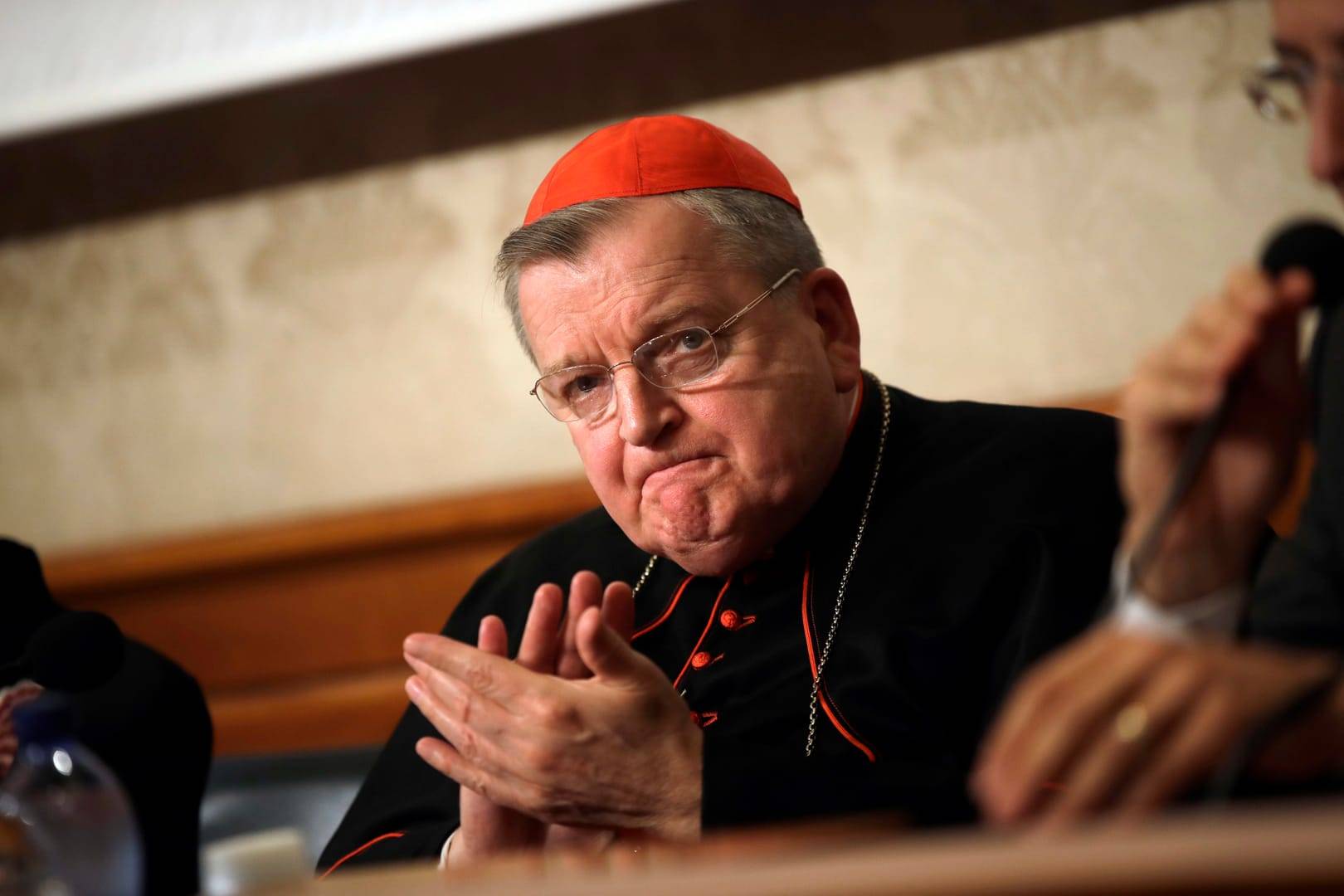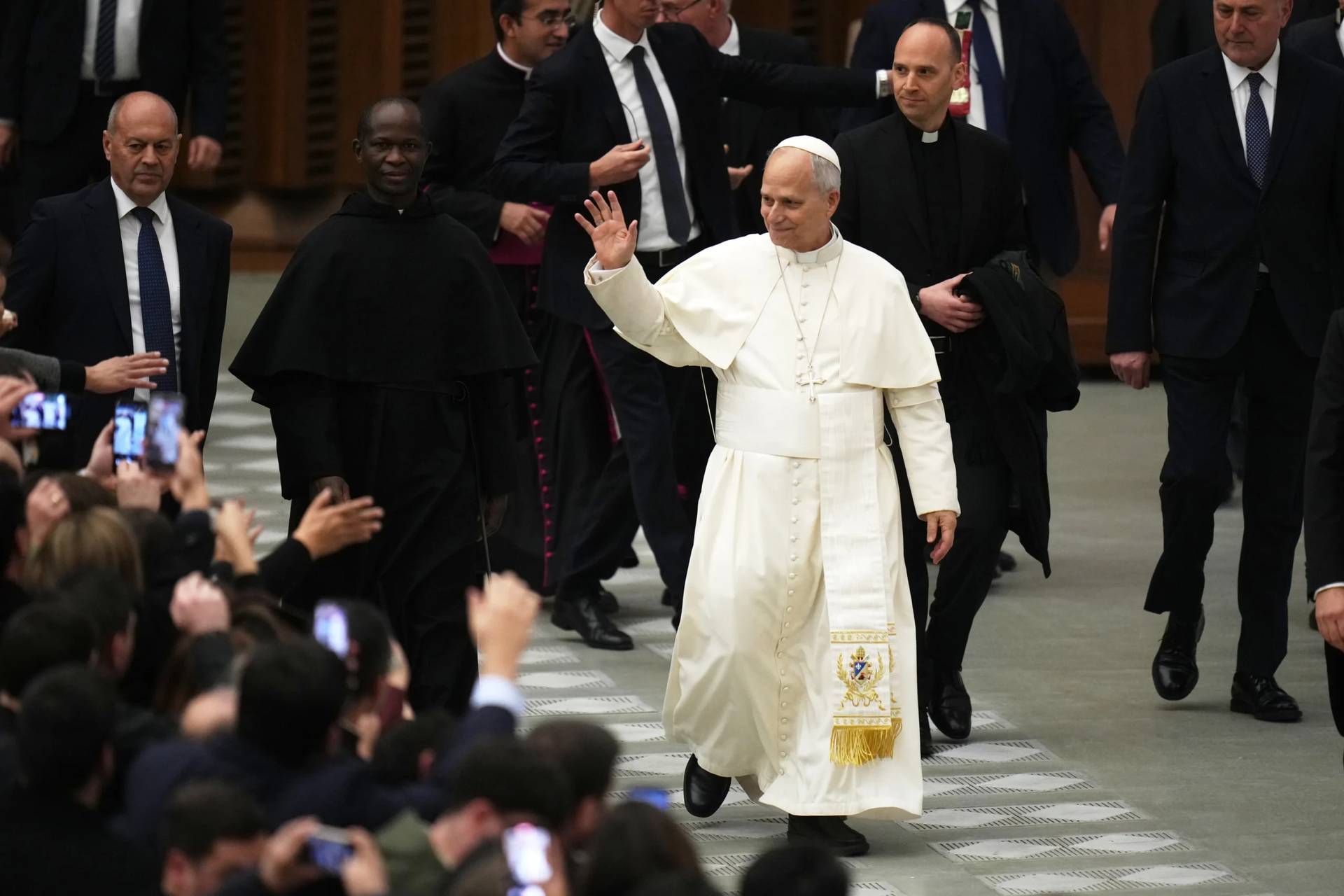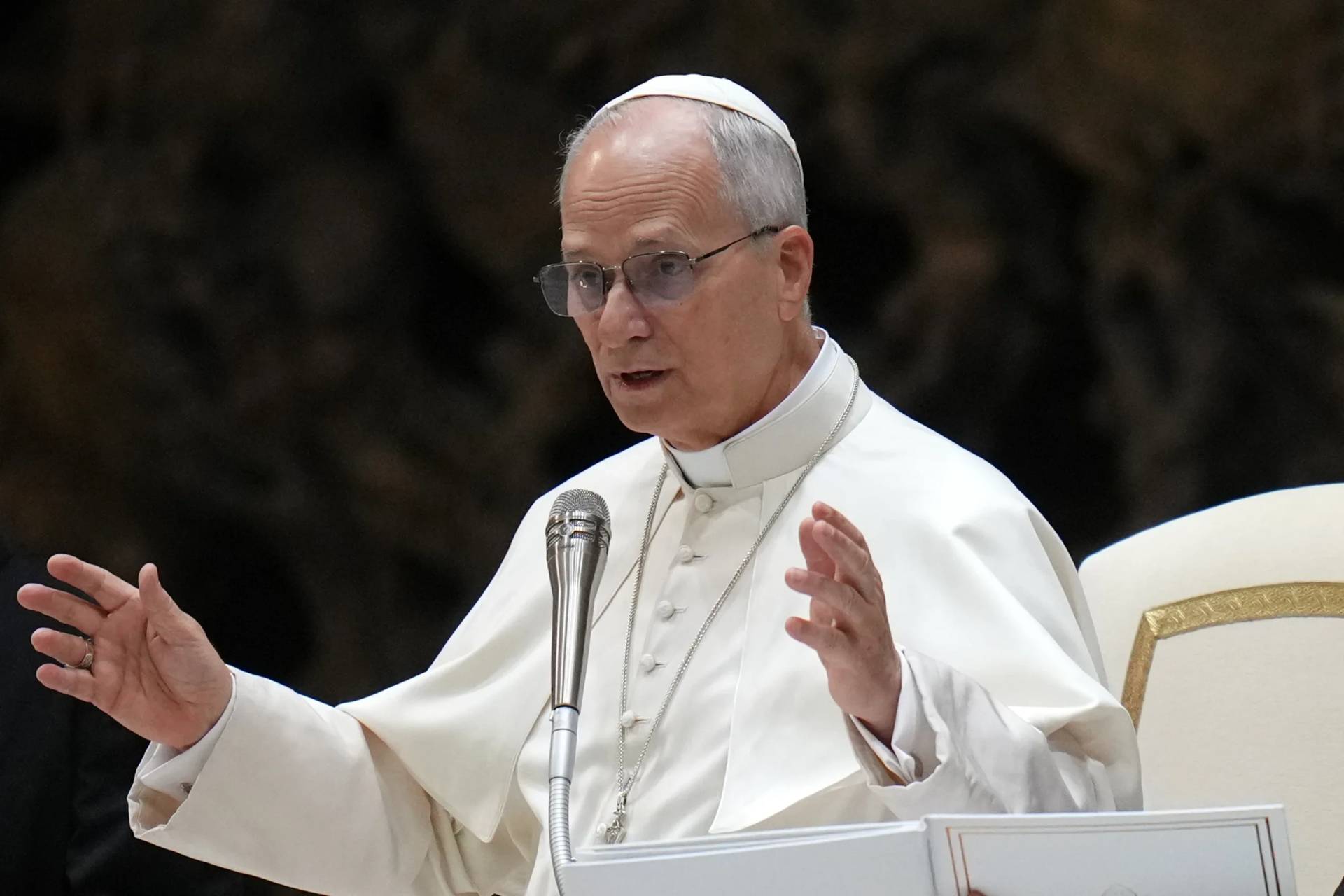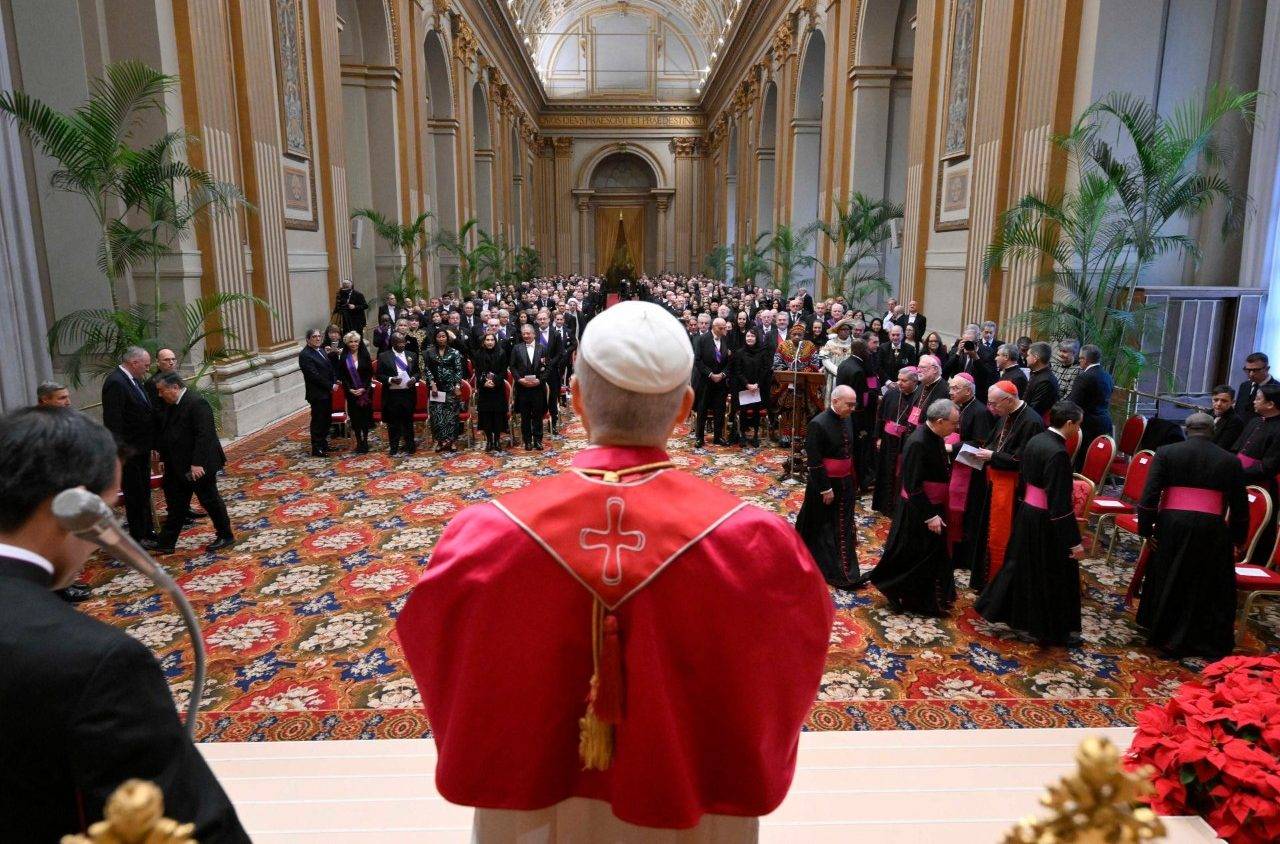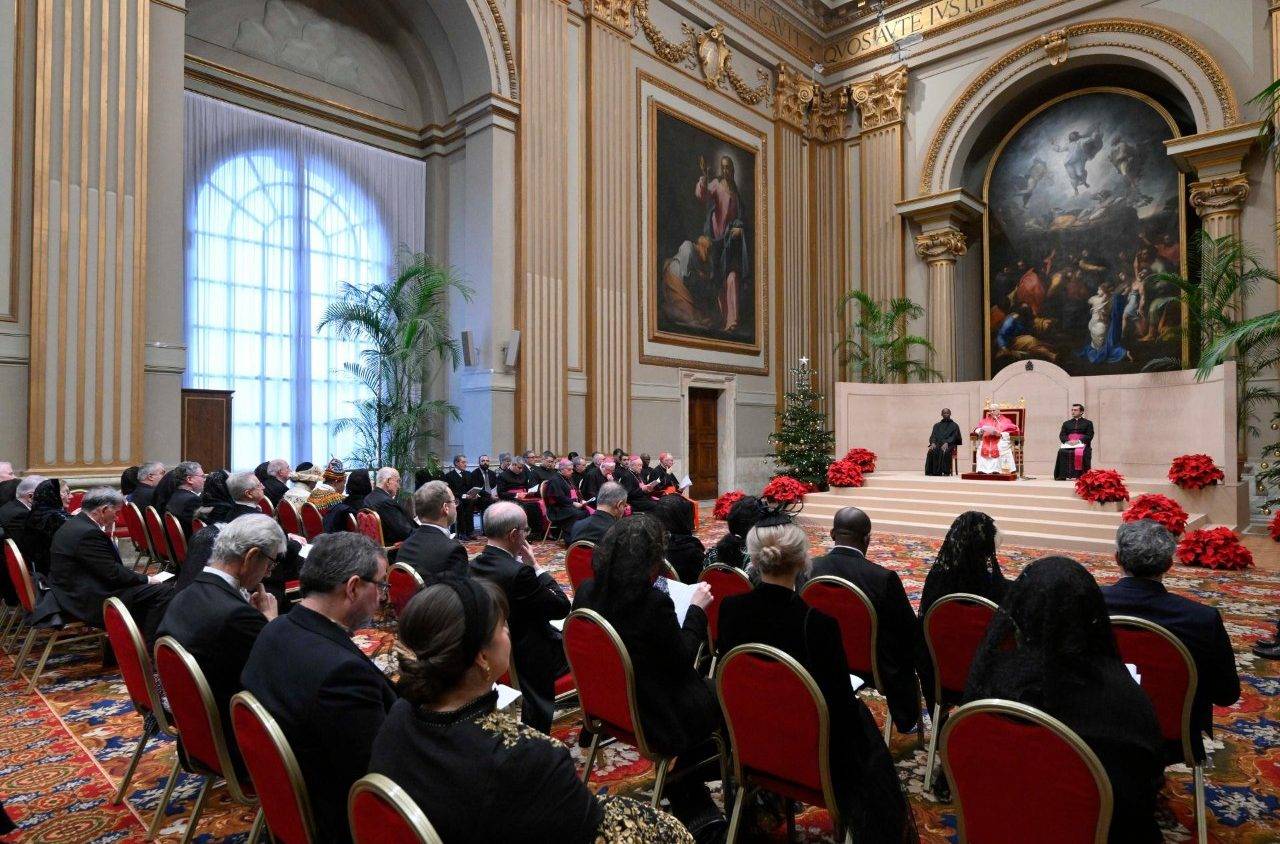[On Sunday, Oct. 9, Pope Francis announced a consistory on Nov. 19 for the creation of 17 new cardinals, including 13 under the age of 80 and therefore eligible to vote for the next pope. Crux is offering a series of profiles of the new cardinals.]
One sign that a consistory is taking place in the Pope Francis era is that in at least a couple of cases, ordinary people typically are forced to hit Google to find out where their home countries even are.
Francis came from “the end of the earth,” as he put it, and sometimes he appears determined to find his new cardinals in the same far-flung settings. In 2014, it was Ouagadougou in Burkina Faso and Ley Cayes in Haiti; in 2015, Tonga and Cape Verde.
This time around, one of the more exotic settings for a new red hat is the island nation of Mauritius, located in the Indian Ocean about 1,200 miles off the coast of Africa. Its population is about 1.2 million, and as of next month Mauritius will have its very own cardinal in the person of Bishop Maurice Piat of the capital city of Port Louis.
A member of the Congregation of the Holy Ghost, often referred to as the “Spiritan” fathers, Piat turned 75 in mid-July and was preparing for retirement, having submitted the mandatory resignation letter to the pope. Francis, however, obviously has something else in mind for the veteran prelate, who was ordained a priest in 1970, became the coadjutor bishop of Port Louis in 1991, and took over in 1993.
Francis famously is a pope with a passion for the peripheries, for lifting up often overlooked or ignored corners of the world, and certainly in Mauritius he’s chosen to spotlight an endlessly fascinating if little-known cultural milieu.
Because Indians were pressed into servitude by the European settlers of the island in the 19th century, Mauritius has a large Hindu population, estimated at roughly 50 percent of the national total – making Mauritius the lone nation considered part of Africa with a Hindu majority, and the country with the third highest percentage of Hindus in the world after Nepal and India.
Mauritius is also roughly one-third Christian, with 80 percent of that Christian total being Catholic. As a result, despite its small size, it’s arguably one of the world’s premier laboratories for Catholic/Hindu dialogue, still relatively unencumbered there by the pressures of militant Hindu nationalism presently sweeping India.
Born in 1941 in the Mauritian city of Moka, Piat studied at the local College of the Holy Spirit, run by the order which he eventually joined, and then in Ireland and Rome.
When Piat was named to Port Louis in the early 1990s, he chose an appropriate seafaring motto, “Set out into the deep,” and placed his episcopacy under the protection of Jacques-Désiré Laval, the great “Apostle of Mauritius” in the 19th century and the first blessed of the Spiritan order.
From 1996 to 2002, he served as president of the bishops’ conference of the Indian Ocean, and in 2009 he was designated a “Grand Officer of the Order of the Star and Key of the Indian Ocean” by the president of Mauritius.
Though by nature modest and fairly reserved, Piat appears to have taken his own motto to heart, launching himself into efforts at inter-faith dialogue, maintaining a good rapport with the government and civil society, and keeping up a demanding schedule of visits to parishes and schools, as well as meeting with priests, lay leaders, movements and ecclesiastical commissions.
In that sense, Piat comes off as a prototypical “Francis bishop,” the kind of prelate driven to get out into the streets and meet people where they are.
An Oct. 9 write-up of Piat in a local paper in Mauritus said that when he makes the rounds, “everywhere and always, one feels taken up by the Gospel, by the determination to meet Christ and to walk with him.”
Although when Piat enters the College of Cardinals on Nov. 19, the honor will be primarily for his home nation, it’s hard to imagine that Francis didn’t have one eye on India in making the pick. The pontiff has already confirmed that he’s planning to travel to India in 2017, and he’s well aware that the small Christian community in India feels increasingly pressured by the government of Prime Minister Narendra Modi and what’s known as its implicit campaign of “safronization,” meaning imposing Hindu practices and values.
In that light, Piat could emerge as an important interlocutor for the pope with the Hindu world, and play a key behind-the-scenes role in preparations for the trip next year.
In an interview with Vatican Radio after his appointment was announced, Piat said he was “very touched by the trust [the pope] puts in me,” adding, in a vintage Francis-esque touch, “which is far from being deserved.”
“I am at his disposal,” Piat said, “for whatever service he will ask of me.”
It’s not clear how much longer Piat may continue in office, having already turned 75, and of course in less than five years he’ll also lose his right to vote for the next pope, should a conclave not occur in the meantime.
In a sense, however, the longevity of his service isn’t really the point. Instead, it’s that Francis once again has converted the Gospel ideal of “the last shall be first” into a program of governance, this time by giving another small island nation its day in the sun.













